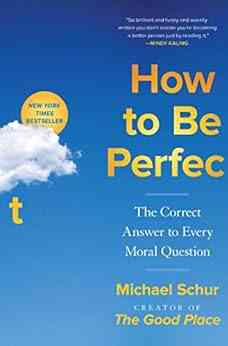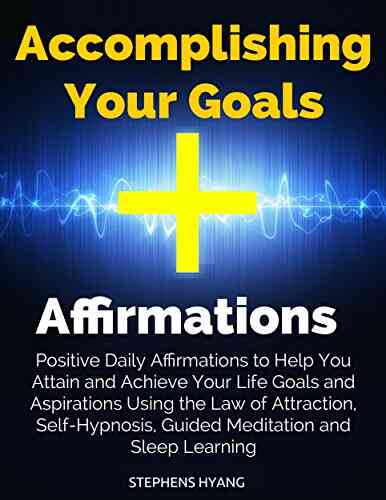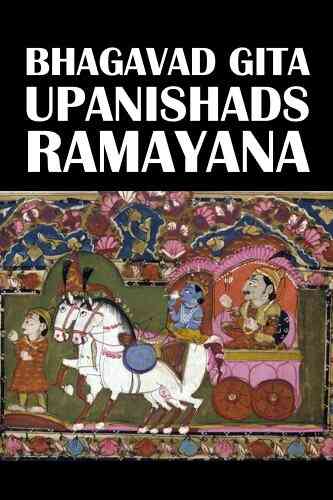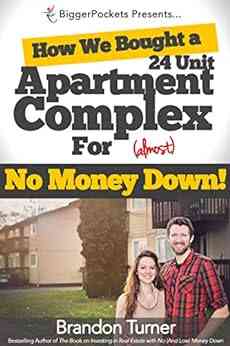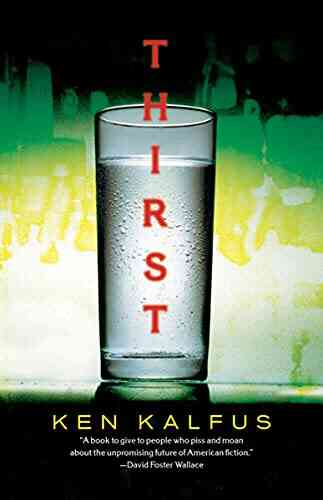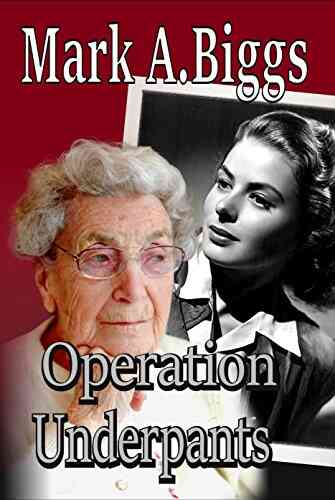The Correct Answer To Every Moral Question

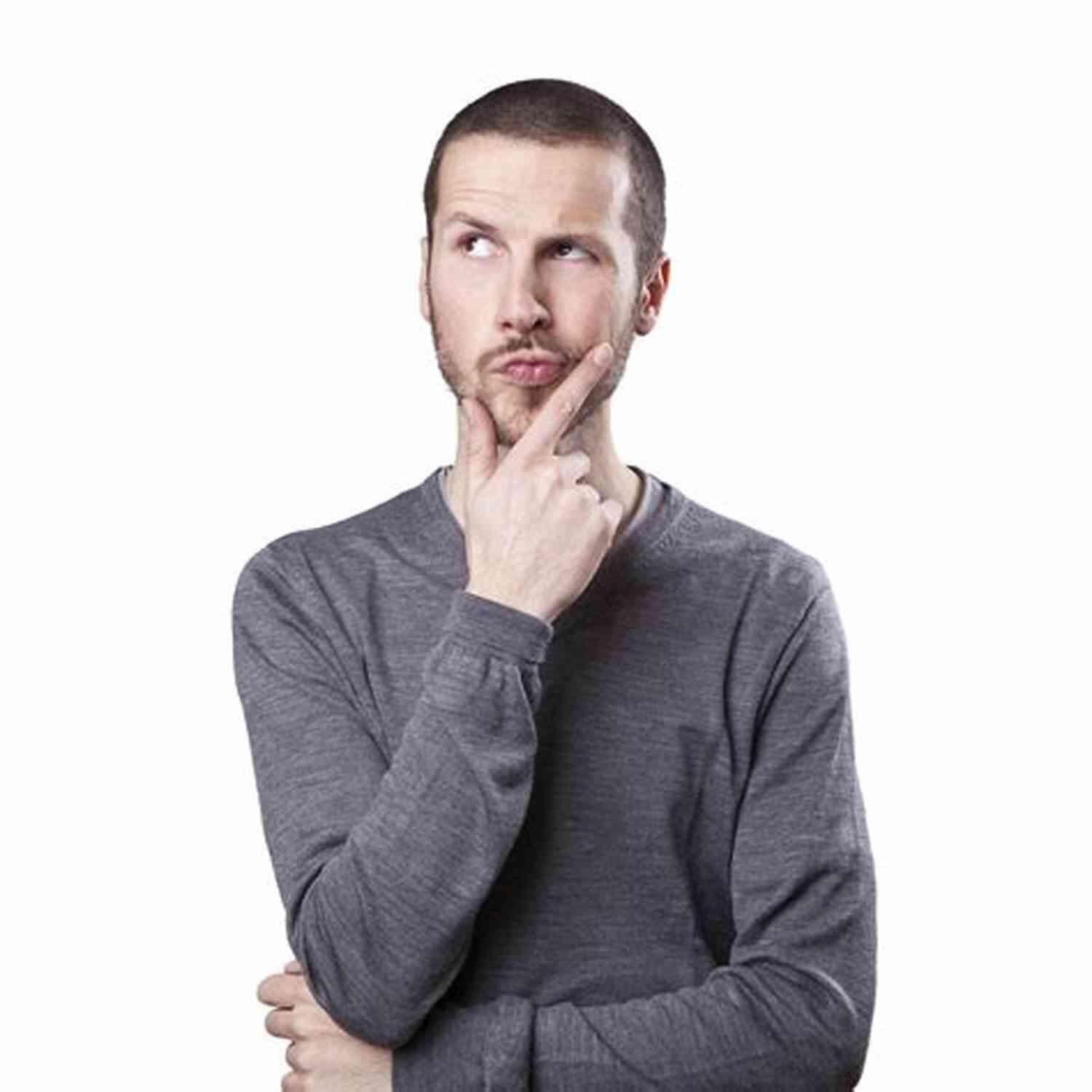
Have you ever found yourself in a moral dilemma, unsure of what is right or wrong? Moral questions can be challenging, causing us to question our values and beliefs. However, there is no need to worry anymore. In this article, we will explore a systematic approach to finding the correct answer to every moral question, providing you with guidance and clarity in making ethical decisions.
The Complexity of Moral Questions
Moral questions are not always straightforward. They often involve conflicting interests, values, and perspectives. What might be ethically right for one person may be entirely different for another. It is this complexity that makes moral decision-making so intriguing yet perplexing.
Take, for example, the question of whether lying is ever justified. Some argue that lying is always wrong, while others take a more situational approach, believing that certain circumstances may warrant a lie. How do we navigate through such conflicting opinions to reach the "correct" answer?
4.6 out of 5
| Language | : | English |
| File size | : | 3246 KB |
| Text-to-Speech | : | Enabled |
| Screen Reader | : | Supported |
| Enhanced typesetting | : | Enabled |
| X-Ray | : | Enabled |
| Word Wise | : | Enabled |
| Print length | : | 300 pages |
An Objective Framework for Ethical Decision-Making
In the quest for moral clarity, many philosophers and ethicists have developed frameworks to assist in ethical decision-making. One widely recognized framework is known as the deontological approach.
The deontological approach emphasizes the importance of adhering to moral rules or duties. According to this framework, some actions are inherently right or wrong, regardless of their consequences. For example, lying is considered morally wrong because it violates the duty to tell the truth.
While the deontological approach provides a valuable perspective, it is not the only framework available. Another approach is consequentialism, which focuses on the outcomes or consequences of an action. This viewpoint argues that the morality of an action depends on the overall happiness or well-being it produces.
Within consequentialism, there are various theories such as utilitarianism, which advocates for actions that maximize overall happiness for the greatest number of people. However, consequentialism also faces challenges such as the potential for sacrificing individual rights for the greater good.
The Importance of Context
While frameworks like deontology and consequentialism provide valuable insights, it is crucial to recognize the importance of context in moral decision-making. Moral questions rarely exist in isolation, and understanding the specific circumstances can greatly influence the "correct" answer.
For example, consider the ethical question of euthanasia. From a deontological viewpoint, taking a life is inherently wrong. However, when faced with a terminally ill patient in excruciating pain, the context may influence a more compassionate approach.
Therefore, it is essential to consider the unique details surrounding a moral question, such as the individuals involved, the cultural and social norms, and the potential consequences. One way to gather a comprehensive understanding of the context is through engaging in extensive research and open dialogue with diverse perspectives.
Moral Relativism and Personal Values
Another aspect to consider when answering moral questions is the concept of moral relativism. Moral relativism asserts that ethical standards are subjective and vary depending on cultural, historical, and individual contexts.
While moral relativism has its critics, it highlights the importance of personal values in moral decision-making. Our values shape our perceptions of right and wrong, and understanding these values can help guide us towards the "correct" answer.
Reflecting on your own values and considering how they align with various ethical frameworks can provide valuable insights into moral decision-making. It allows you to evaluate the different aspects of a moral question and determine the approach that resonates most with your personal beliefs.
The Journey Towards Ethical Clarity
Answering every moral question with absolute certainty may be challenging, if not impossible. However, by embracing the complexity, considering different perspectives, and reflecting on our personal values, we can embark upon a journey towards ethical clarity.
Remember, the path to finding the correct answer to a moral question involves critical thinking, empathy, understanding, and an openness to explore new possibilities. Through this process, we can develop a deeper understanding of ourselves and the diverse world we inhabit.
There is no foolproof algorithm or formula that guarantees the correct answer to every moral question. Ethical decision-making is a dynamic process that requires careful consideration, contemplation, and a willingness to learn. By utilizing ethical frameworks, considering context, acknowledging personal values, and embracing the journey towards ethical clarity, we can navigate the complexities of moral dilemmas with greater confidence and integrity.
4.6 out of 5
| Language | : | English |
| File size | : | 3246 KB |
| Text-to-Speech | : | Enabled |
| Screen Reader | : | Supported |
| Enhanced typesetting | : | Enabled |
| X-Ray | : | Enabled |
| Word Wise | : | Enabled |
| Print length | : | 300 pages |
From the creator of The Good Place and the cocreator of Parks and Recreation, a hilarious, thought-provoking guide to living an ethical life, drawing on 2,400 years of deep thinking from around the world.
Most people think of themselves as “good,” but it’s not always easy to determine what’s “good” or “bad”—especially in a world filled with complicated choices and pitfalls and booby traps and bad advice. Fortunately, many smart philosophers have been pondering this conundrum for millennia and they have guidance for us. With bright wit and deep insight, How to Be Perfect explains concepts like deontology, utilitarianism, existentialism, ubuntu, and more so we can sound cool at parties and become better people.
Schur starts off with easy ethical questions like “Should I punch my friend in the face for no reason?” (No.) and works his way up to the most complex moral issues we all face. Such as: Can I still enjoy great art if it was created by terrible people? How much money should I give to charity? Why bother being good at all when there are no consequences for being bad? And much more. By the time the book is done, we’ll know exactly how to act in every conceivable situation, so as to produce a verifiably maximal amount of moral good. We will be perfect, and all our friends will be jealous. OK, not quite. Instead, we’ll gain fresh, funny, inspiring wisdom on the toughest issues we face every day.
Do you want to contribute by writing guest posts on this blog?
Please contact us and send us a resume of previous articles that you have written.




















Light bulbAdvertise smarter! Our strategic ad space ensures maximum exposure. Reserve your spot today!
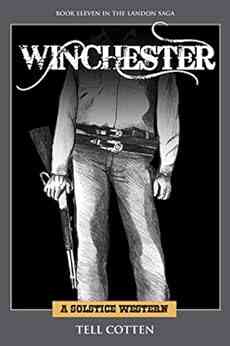
 Jerome BlairWinchester - The Landon Saga 11: A Riveting Conclusion to a Remarkable Series
Jerome BlairWinchester - The Landon Saga 11: A Riveting Conclusion to a Remarkable Series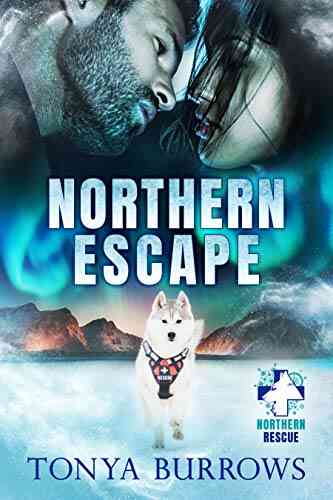
 Shannon SimmonsUnveiling the Breathtaking Secrets of Northern Escape Northern Rescue: A...
Shannon SimmonsUnveiling the Breathtaking Secrets of Northern Escape Northern Rescue: A...
 Michael CrichtonMeditations On Eliot Four Quartets - Unleashing the Power of Spiritual...
Michael CrichtonMeditations On Eliot Four Quartets - Unleashing the Power of Spiritual... Sammy PowellFollow ·14.8k
Sammy PowellFollow ·14.8k Ivan TurnerFollow ·6.4k
Ivan TurnerFollow ·6.4k Ethan GrayFollow ·11.2k
Ethan GrayFollow ·11.2k Jedidiah HayesFollow ·4.1k
Jedidiah HayesFollow ·4.1k Greg FosterFollow ·9.5k
Greg FosterFollow ·9.5k Trevor BellFollow ·4.1k
Trevor BellFollow ·4.1k Will WardFollow ·13.5k
Will WardFollow ·13.5k Reed MitchellFollow ·7.3k
Reed MitchellFollow ·7.3k

 Wesley Reed
Wesley ReedThe Ultimate Allergy Free Hypnotherapy Script: Say...
Are you tired of dealing with...

 Walter Simmons
Walter SimmonsAn Alliance Reforged Sentenced To War
War has always been a backdrop for...

 Jarrett Blair
Jarrett BlairThe Untold Story of Loss Guy Blaze: A Rollercoaster...
They say that loss is an inevitable part of...

 Matthew Ward
Matthew WardThe Ultimate Guide to Vegetable Gardening For Beginners:...
Are you interested in...
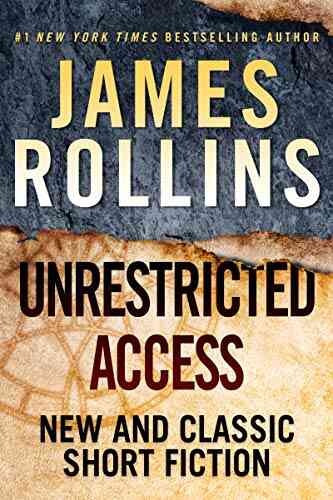
 Paulo Coelho
Paulo CoelhoUnrestricted Access: New And Classic Short Fiction
Are you passionate about literature?...
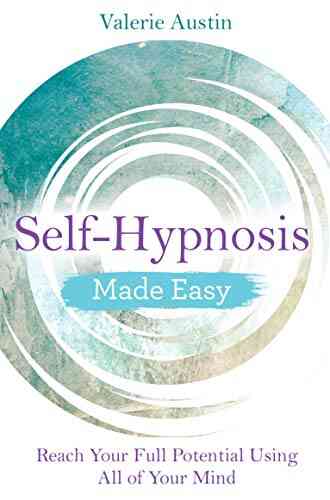
 Jamie Bell
Jamie BellSelf Hypnosis Made Easy - The Ultimate Guide to Unlocking...
: Do you find yourself...
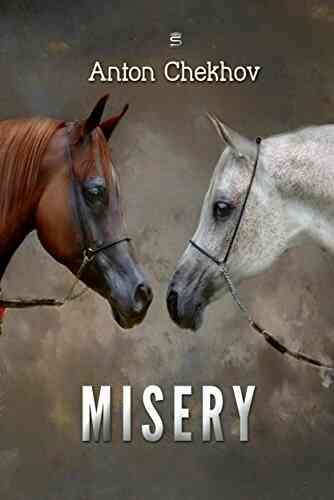
 Caleb Carter
Caleb CarterThe Misery of Lives: Exploring the Intense Emotions in...
Anton Chekhov, famed Russian playwright and...

 Brandon Cox
Brandon CoxThe Untold Story of The Oliver Quintrell: A Journey...
The year was 1892. The maritime world was in...
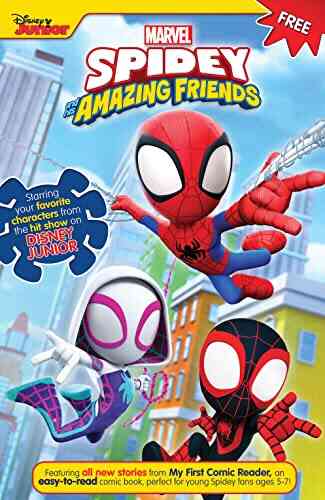
 Juan Rulfo
Juan RulfoSpidey And His Amazing Friends Free Comic Free Comic Day...
Calling all Spidey fans! Get ready to...
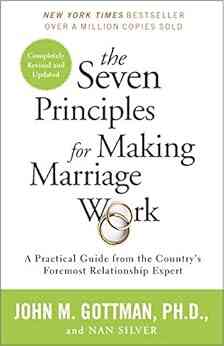
 Cooper Bell
Cooper BellThe Seven Principles For Making Marriage Work: Key...
Marriage is a beautiful union...
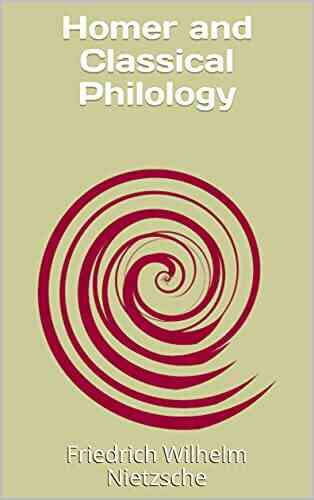
 Eric Hayes
Eric HayesHomer And Classical Philology Glenn Mcgoldrick:...
When we think of ancient...
4.6 out of 5
| Language | : | English |
| File size | : | 3246 KB |
| Text-to-Speech | : | Enabled |
| Screen Reader | : | Supported |
| Enhanced typesetting | : | Enabled |
| X-Ray | : | Enabled |
| Word Wise | : | Enabled |
| Print length | : | 300 pages |


